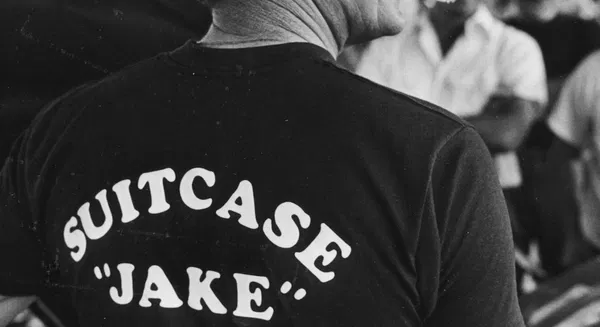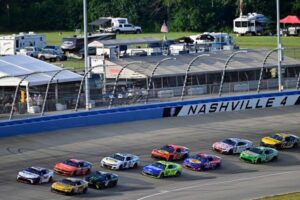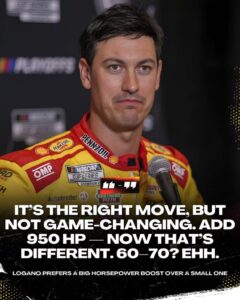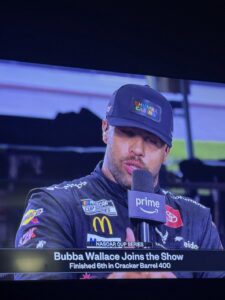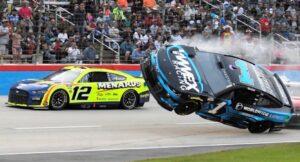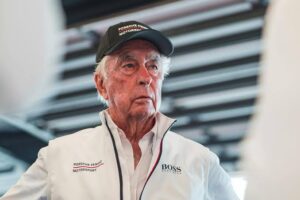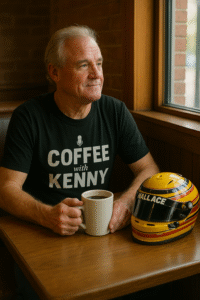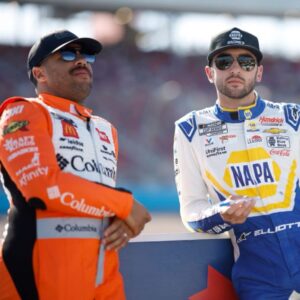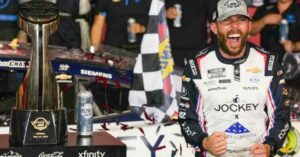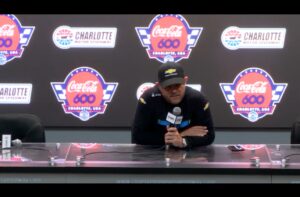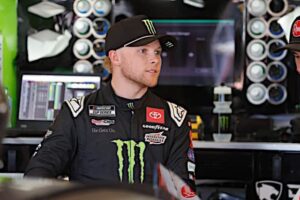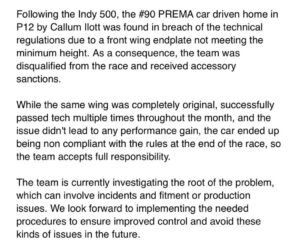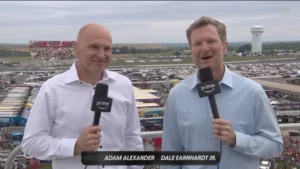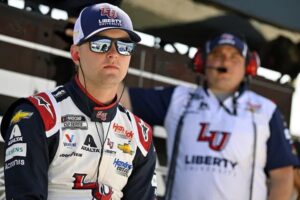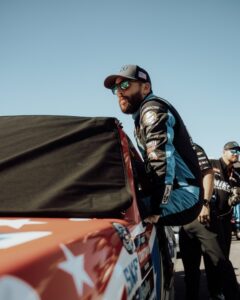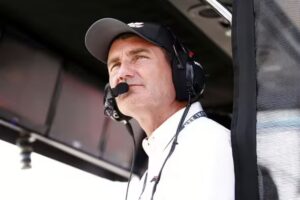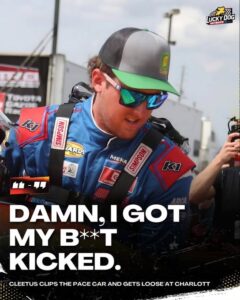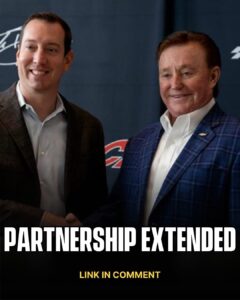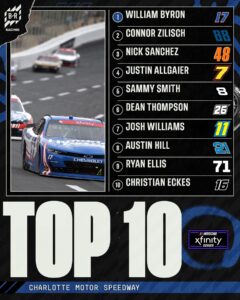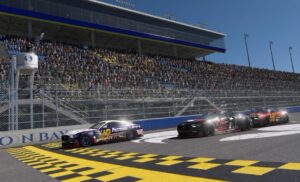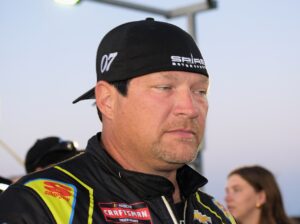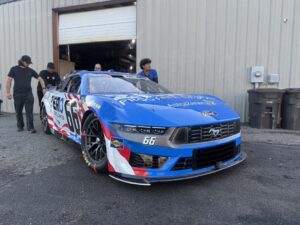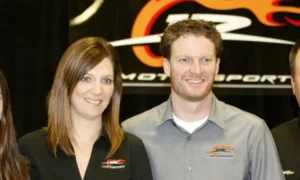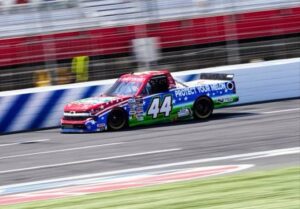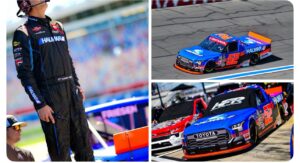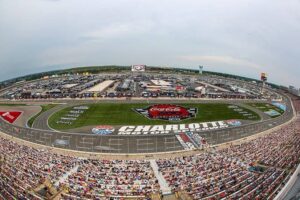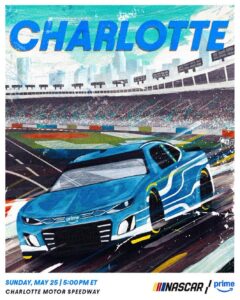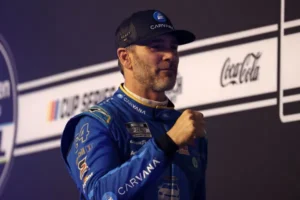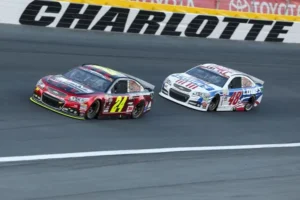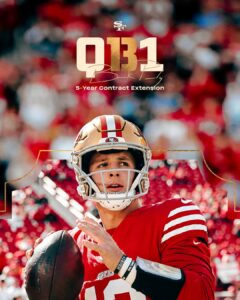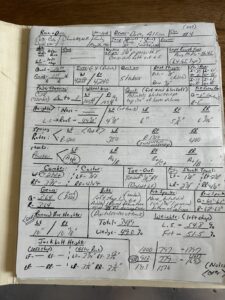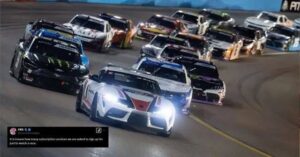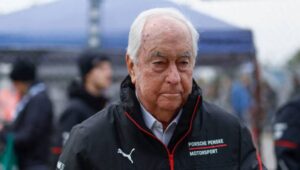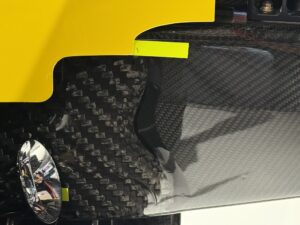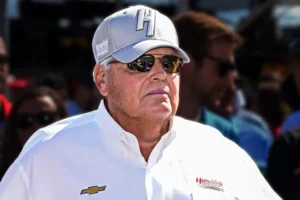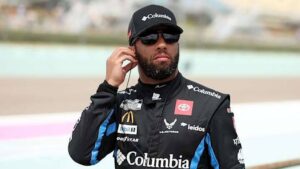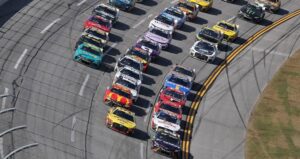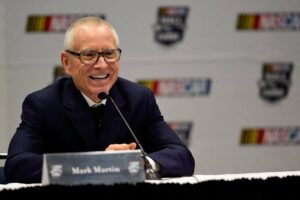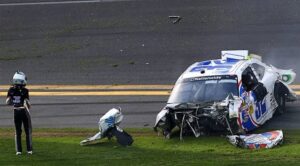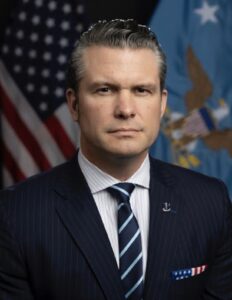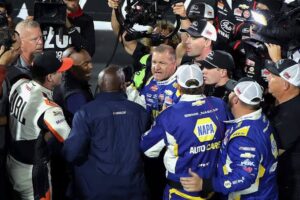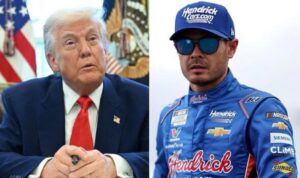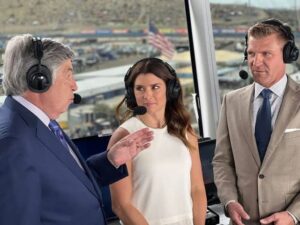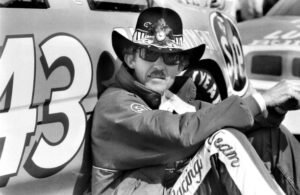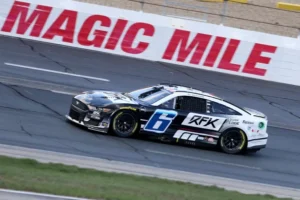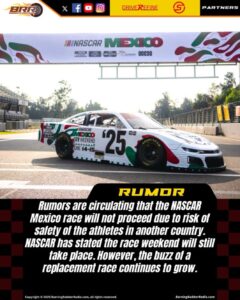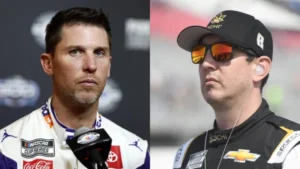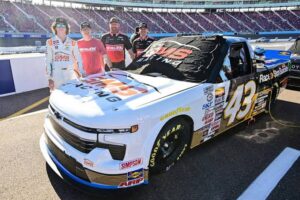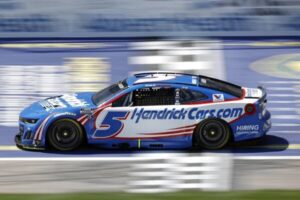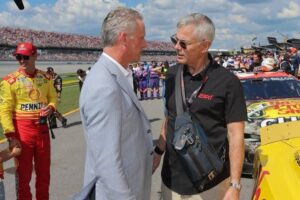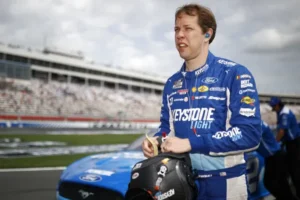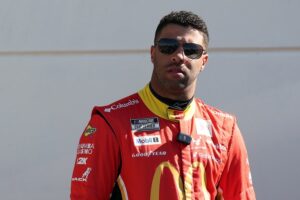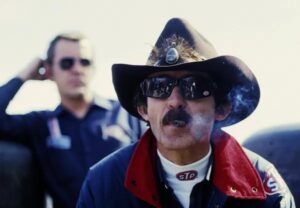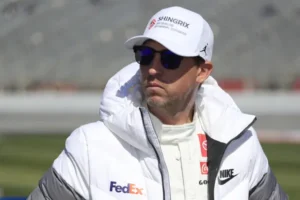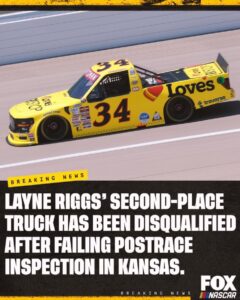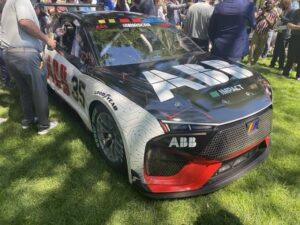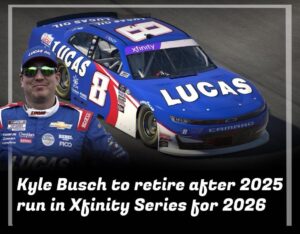The Unbuyable Heart of NASCAR: Jake Elder’s Journey from Grease to Glory
The scent of burnt rubber and gasoline clung to the air as Jake Elder, a lanky figure in a grease-streaked shirt, squinted under the North Carolina sun. His hands—calloused, nimble, and perpetually stained with oil—cradled a wrench like it was an extension of his soul. “Ain’t no trophy shiny enough to fix lazy thinking,” he’d grumble, a cigarette dangling from his lips as he fine-tuned Richard Petty’s No. 43. To the legends he guided, Jake wasn’t just a crew chief; he was a racing whisperer, a stubborn sage who turned wrenches and egos with equal grit.
Born with Gasoline in His Veins
Jake’s story began far from the roar of Daytona, in a Depression-era Kentucky home where money was tight but ingenuity thrived. At 14, he rebuilt his first engine in a dirt-floor barn, piecing together scraps like a mechanic’s Mozart. By the 1960s, he’d migrated to NASCAR’s heartland, where his reputation bloomed. “Suitcase Jake,” they called him—not for wanderlust, but for his refusal to be tethered to team politics. If a owner crossed him? He’d pack his tools mid-race. Loyalty was his currency, and he spent it only on drivers who shared his fire.
The Petty Chapter: Precision and Princes
When Richard Petty, NASCAR’s “King,” needed a maestro for his 1970s comeback, he turned to Jake. Their bond was unspoken, forged in 18-hour days and motel-room strategy sessions. Petty once joked, “Jake could hear a valve tap from three garages over.” But their synergy wasn’t just technical. After a bitter loss at Darlington, Jake found Petty sulking in the hauler. “You gonna cry or fix the dang carburetor?” he barked. The King laughed through his frustration—and won the next week.
Earnhardt and the Art of Controlled Chaos
Then came Dale Earnhardt—a young bull of a driver whose aggression mirrored Jake’s own. Their partnership was explosive, a clash of titans. “He’d wreck the car just to prove it couldn’t be wrecked,” Jake groaned. Yet, in Earnhardt’s relentless style, Jake saw a reflection of his own defiance. During a rain-delayed race at Bristol, Dale demanded a risky tire change. Jake refused, snapping, “You drive. I’ll think.” They took the checkered flag, Earnhardt’s smirk met with Jake’s gruff, “Don’t get used to it.”
The Price of Genius
But genius often wears holes in the soul. Jake’s marriages frayed under the weight of race weeks and motel stays. He’d send money home, scribbling “Sorry” on diner napkins. His health faltered—smokes and stress etching lines into his face. Yet, in the garage, he remained a lighthouse. Young crew members, like a wide-eyed Chad Knaus, absorbed his mantra: “Speed’s easy. Smarts win.”
Legacy in Rearview Mirrors
When NASCAR’s Hall of Fame came calling, Jake shrugged. “Ain’t about plaques. It’s about Petty’s smile when we nailed Martinsville.” He died in 2010, leaving no fortune but a blueprint of grit. Today, old-timers still swap “Suitcase Jake” tales—how he once fixed a busted axle with baling wire, or cursed a team owner into stunned silence.
In an era of data engineers and corporate sponsors, Jake Elder’s ghost lingers—a reminder that racing’s soul lies not in algorithms, but in the grease-stained hands of those who love it enough to stay unbought, unbossed, and unbreakable.
.“He didn’t build cars,” Petty once said. “He built legends.” And somewhere, Jake is still tinkering, forever chasing the perfect lap.
